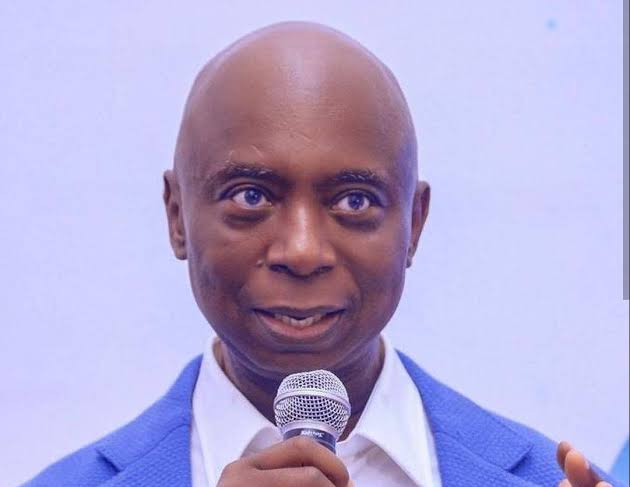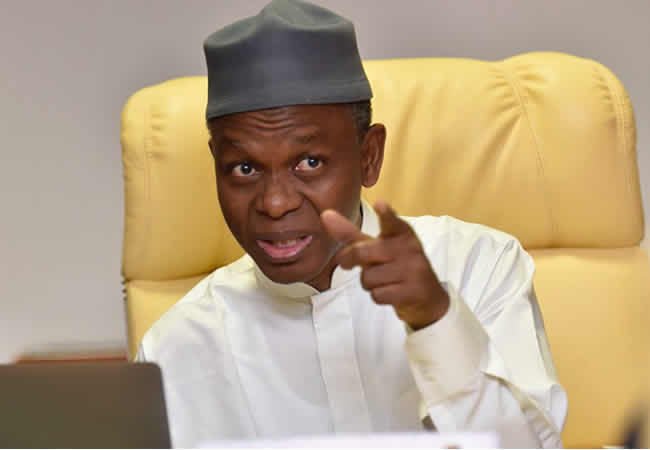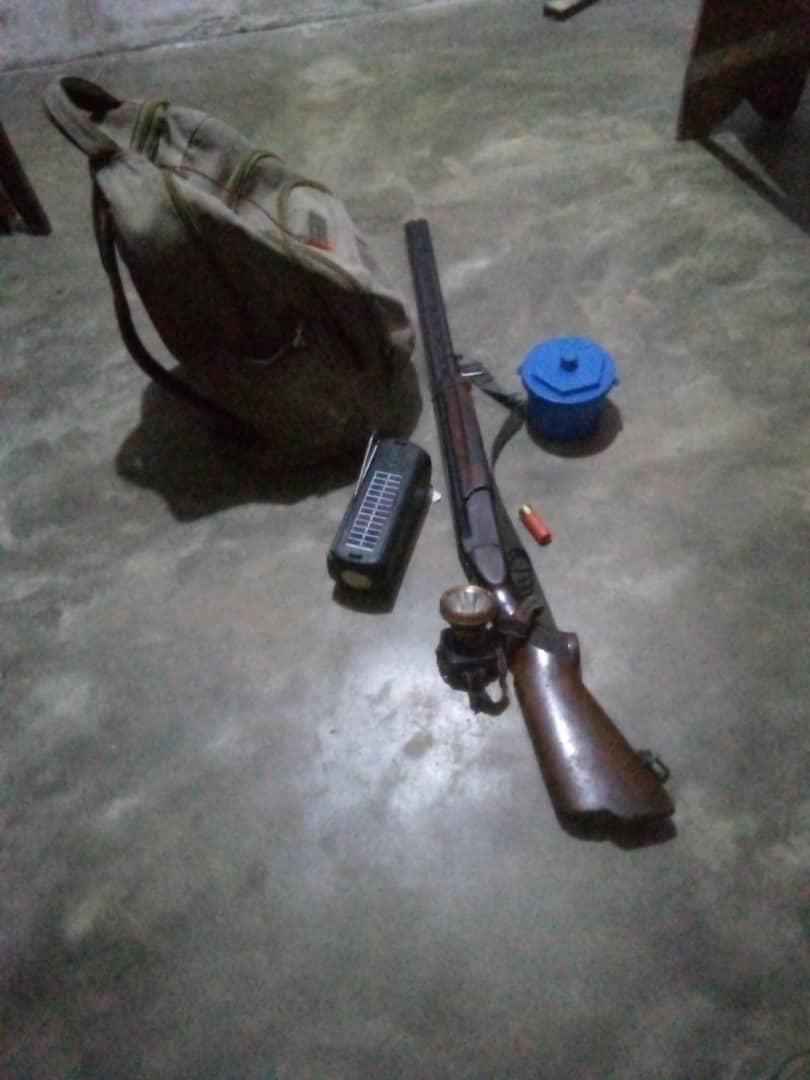The Okrika market contributes significantly to Nigeria’s informal economy. The market’s operations are largely informal, with many traders operating without formal registration or taxation. Despite this, the market generates substantial revenue and provides employment opportunities; BLESSING OKOLA writes.
In the bustling streets of Nigeria, a thriving market has been driving the country’s informal economy for decades. The second-hand clothing market, popularly known as ‘Okrika,’ is a significant sector that has been quietly powering Nigeria’s economic growth. From the vibrant markets of Lagos to the rural towns of the North, Okrika has become an integral part of Nigeria’s economic fabric, and how does it contribute to Nigeria’s informal economy? In this exploration, we will delve into the economics of Okrika, uncovering the intricacies of this complex market and its role in driving Nigeria’s informal economy.
Nigeria’s informal economy is a significant sector that contributes substantially to the country’s GDP. Within this sector, the second-hand clothing market, popularly known as “Okrika,” plays a vital role. This market has been growing steadily over the years, providing employment opportunities and income for thousands of people.
Estimating the exact size of the Okrika market is challenging due to its informal nature. However, it is estimated that the market generates billions of naira in revenue annually. The market’s size and growth rate are attributed to the increasing demand for affordable clothing, which Okrika provides.
The Okrika market provides employment opportunities for various stakeholders, including importers, wholesalers, retailers, and transporters. These individuals earn a living by engaging in various activities related to the Okrika trade, such as sorting, cleaning, and selling second-hand clothing.
According to a survey, over 75% of Okrika traders employ at least one person to assist with their business. This highlights the market’s potential for job creation and income generation.
Challenges
Despite its contributions to the economy, the Okrika market faces several challenges which includes the influx of cheap, new clothing from countries like China has increased competition for Okrika traders, the quality of second-hand clothing can vary significantly, affecting consumer trust and confidence in the market, the importation and disposal of second-hand clothing have raised environmental concerns, particularly regarding waste management and pollution.
Despite these challenges, the Okrika market presents opportunities for growth and development of which if check, it help in Formalizing the market through registration and taxation that could increase revenue for the government and provide traders with access to financial services and support, Implementing quality control measures and standardizing the market could increase consumer trust and confidence and adopting sustainable practices, such as recycling and upcycling could reduce the market’s environmental impact.
In an interview with Mrs. Onusi Oyedikachi, a 42-year-old mother of three, is a renowned Okrika trader in Karimo market, Abuja. With over a decade of experience in the second-hand clothing market, she has built a thriving business that supports her family and employs several others.
Narrating her journey into the Okrika trade began in 2005, when she started selling second-hand clothing in a small market stall. With an initial investment of ₦50,000, she said that she sourced her goods from local wholesalers and sold them to customers in the market.
She noted that despite her determination and hard work, she faced numerous challenges in the early days of her business, saying that the Okrika market was highly competitive, with many traders selling similar products.
According to her, ensuring the quality of her goods was a significant challenge, as many second-hand items were of poor quality so she obtained access to capital to expand her business, but it was difficult, as many financial institutions were hesitant to lend to informal traders.
She said despite all these challenges, she persevered and developed several strategies that contributed to her success.
“What I did was to established strong relationships with my suppliers, ensuring a consistent supply of high-quality goods, I then diversified my product line to include a wide range of second-hand clothing items, catering to different customer preferences and i effectively marketed the business through word-of-mouth, social media, and local advertising and I prioritised excellent customer service so that my customers were satisfied with their purchases and returned to my stall.”
Speaking on her success story, she said her Okrika business is a testament to her hard work and determination. Her successes include as she employs five people in her business, providing them with a steady income and opportunities for growth.
Speaking on the social benefits of Okrika, Mr. Blessing Haruna, said Okrika, Nigeria’s thriving second-hand clothing market, is providing affordable fashion options for low-income Nigerians, transforming the way people dress and interact with fashion.
According to him, second-hand clothes are significantly cheaper than new ones, allowing low-income Nigerians to afford fashionable and quality clothing. This has bridged the fashion gap between the rich and the poor, promoting social equality and inclusivity.
Mr. Haruna noted that Okrika has provided employment opportunities for thousands of people, from traders to tailors, supporting local economies, adding that the market also promotes skill development, as traders and artisans learn to repair, alter, and create new clothing items from second-hand materials.
“This fosters community engagement, as people from diverse backgrounds come together to buy, sell, and socialise. Okrika is more than just a market; it’s a social phenomenon that’s transforming the way Nigerians interact with fashion. By providing affordable fashion options, empowering local communities, and preserving cultural heritage, Okrika is having a profound impact on Nigerian society. As the market continues to grow, it’s essential to address the challenges and ensure that ‘Okrika’ remains a force for good in Nigerian communities,” he said.
Also, Mr. Taiwo Oyebanji, a 35-year-old Okrika trader, said he has been in the business for over 10 years operating a small stall in Kado Life Camp.
Oyebanji said he ensures he starts his day early, arriving at the market before sunrise. He begins by arranging his stall, carefully displaying his second-hand clothing items.
After setting up his stall, he heads out to source new goods by visiting local wholesalers, inspecting their latest shipments of second-hand clothing. He negotiates prices, carefully selecting items that will appeal to his customers.
He said when he returns to his stall, ready to start selling, he engages with customers, answering questions and making recommendations. He takes pride in his customer service, ensuring that each customer leaves satisfied.
According to him, Okrika business is highly competitive, with many traders selling similar items, adding that the prices for second-hand clothing can fluctuate, affecting his profit margins that despite the challenges, he has achieved significant success.
He encouraged those coming into the business to be prepared to work hard, saying success in the Okrika market requires dedication and hard work and building strong relationships with suppliers, customers, and other traders is essential for success.
A 25-year-old student, Nneoma Obinna, said she is a regular customer at the Okrika market. According to her, she loves the affordability and uniqueness of second-hand clothing items, and she’s grateful for the opportunities the Okrika trade provides.
“Okrika has allowed me to express myself through fashion without breaking the bank. It’s more than just a market; it’s a community,” she said
A second-hand clothes buyer, Omokhafe Kadiri, shared his personal testimony that he loved shopping at second-hand markets because of the affordability and durability of the materials. “Not only do I find unique and comfortable clothing, but I also appreciate the fact that I won’t see someone else wearing the same outfit.”
“For me, second-hand shopping is about more than just finding affordable clothes; it’s about expressing myself and standing out from the crowd. When I buy second-hand, I know that I’m getting a one-of-a-kind piece that reflects my personal style.
According to him, in contrast, buying already-made clothes can be expensive and unoriginal. With second-hand shopping, I can find high-quality materials at a fraction of the cost, and I can be confident that my outfit is truly unique.
He also spoke about the cost-effective option, saying, “Let’s face it: buying already-made clothes can be costly. A single outfit can cost upwards of ₦50,000 to ₦100,000 or more, depending on the designer and quality. In contrast, second-hand shopping offers a cost-effective alternative, with prices starting from as low as ₦5,000 to ₦10,000.”
“Why I love second-hand shopping is because it is cost-effective way to update my wardrobe without breaking the bank and I love the fact that I won’t see someone else wearing the same outfit, the materials are often made to last, ensuring that my outfits will stand the test of time and above all, Second-hand shopping promotes sustainability by reducing waste and extending the life of existing materials.
“For me, shopping second-hand clothes is more than just a practical way to shop; it’s a way to express myself and stand out from the crowd. With its unique benefits and cost-effective prices, second-hand shopping has become my go-to choice for updating my wardrobe.”
Another customer, Mrs. Titilayo Ibidokun, said the Okrika trade is more than just a market, adding that, “It’s a lifeline for thousands of individuals who rely on second-hand clothing for their livelihoods.”




 1 day ago
25
1 day ago
25








 English (US) ·
English (US) ·